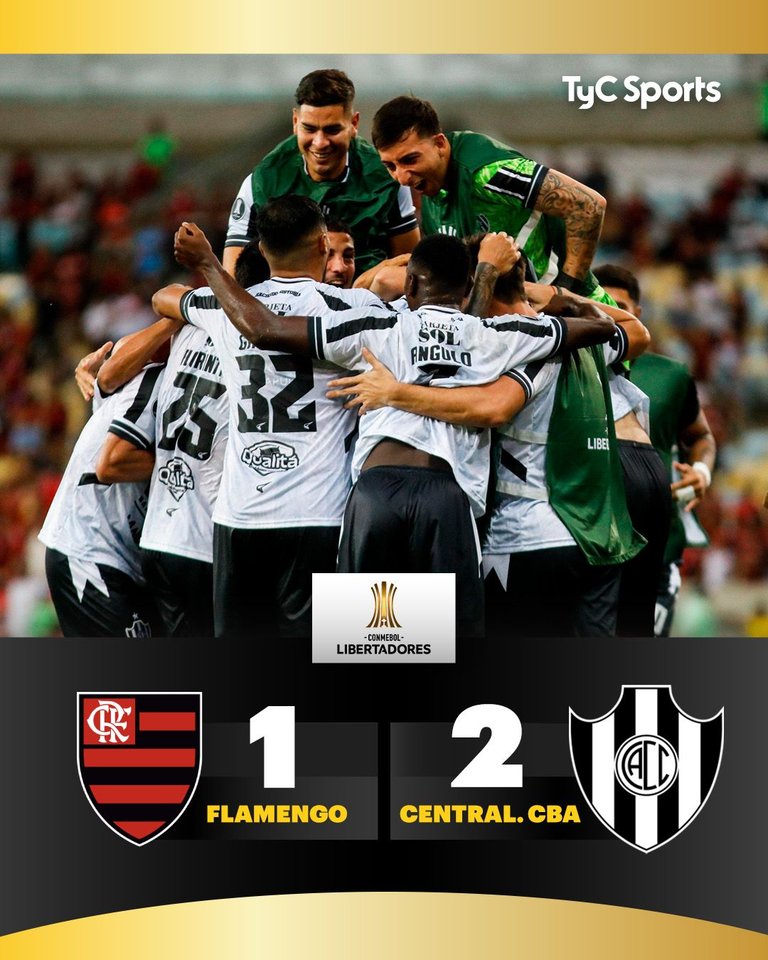
El término bastardo se ha empleado desde siempre para identificar los hijos ilegítimos y también a los que se desconoce su progenitor.
Su uso se vio ampliamente difundido desde la edad media cuando los señores feudales hacían y deshacían a su antojo, preferentemente con sus súbditas, las consecuencias fueron que los hijos no legítimos, es decir aquellos concebidos fuera del matrimonio, se convirtieron en algo frecuente y natural. Lo de ilegítimo indudablemente ha quedado en desuso, ya no hay señores feudales no obstante el orden dado por el matrimonio ha dejado de ser una costumbre popular. ¿Será que la historia es circular y la modernidad está dejando paso nuevamente a la edad media?
Con el paso del tiempo el término fue derivando hacia definiciones más tajantes y duras, se lo emparenta con miserable, canalla, infame o sinvergüenza, también en una acepción más suave, con aquellos olvidados de Dios o de los hombres, esta última es precisamente la que pretendo utilizar aquí.
Pocos días atrás un humilde, aunque antiguo equipo de fútbol argentino del norte del país, despojado de las luces del éxito y del poderío económico y deportivo, ha realizado una enorme proeza en el casi inexpugnable estadio Maracaná ganando un partido nada menos que ante el Botafogo y por la copa Libertadores de América, el torneo internacional de clubes más importante y antiguo de la región.
El equipo en cuestión se denomina Club Atlético Central Córdoba y es apodado "el ferroviario" por ser su origen relacionado con los ferrocarriles ya que un grupo de empleados de uno de los ramales más importantes del norte argentino tuvo la iniciativa de crearlo. El nombre del club se presta a confusión porque remite a la provincia homónima, pero en realidad su sede y su historia se han desarrollado en otra provincia, más al norte, Santiago del Estero.

El año anterior Central Córdoba produjo una enorme sorpresa al obtener el título en la Copa Argentina, un torneo federal que enfrenta equipos de todo el país y de todas las categorías, a semejanza de otros más conocidos como la FA Cup, la Copa del Rey o la Coppa Italia, solo para nombrar los más famosos. Ese título, que por otra parte fue el primero a nivel nacional para el modesto club, le otorgó la posibilidad de jugar la copa Libertadores de América en esta edición.
A una escala diferente, se puede decir que Central Córdoba de Santiago del Estero tuvo su propio "Maracanazo" al triunfar en ese colosal estadio ante el Flamengo por 2 a 1, un modesto equipo contra uno de los más importantes clubes de Brasil. Los medios especializados mencionaron luego de esa gran victoria y para comparar de una manera material ambos equipos, que el Fla tiene una plantilla que vale al menos 12 veces más que la del ferroviario.
Como sabemos, el fútbol es la dinámica de lo impensado y todo puede pasar cuando se echa a rodar la pelota; aunque empíricamente está comprobado una y mil veces que "billetera mata galán", en ocasiones los milagros ocurren y esta fue una de ellas.
Central Córdoba, un equipo al que cariñosamente le digo bastardo, ha tocado el cielo con las manos y obtuvo su minuto de gloria, seguramente efímera, pero "quien le quita lo bailado" diría mi abuela.
Bastards with Glory
The term "bastard" has traditionally been used to describe illegitimate children and also those whose father is unknown.
Its use became widespread since the Middle Ages, when feudal lords did as they pleased, preferably with their female subjects. The consequence was that illegitimate children, that is, those conceived outside of marriage, became common and natural. The term "illegitimate" has undoubtedly fallen into disuse; there are no longer feudal lords, but the order established by marriage has ceased to be a popular custom. Could history be circular, and modernity be once again giving way to the Middle Ages?
Over time, the term has shifted toward more blunt and harsh definitions. It is related to "wretched," "scoundrel," "infamous," or "scumbag," also in a milder sense, to those forgotten by God or man. This last term is precisely the one I intend to use here.
A few days ago, a humble, though old, Argentine soccer team from the north of the country, stripped of the spotlight of success and economic and sporting power, accomplished a tremendous feat in the almost impregnable Maracanã Stadium, winning a match against Botafogo in the Copa Libertadores de América, the region's oldest and most important international club tournament.
The team in question is called Club Atlético Central Córdoba and is nicknamed "the railway team" due to its railroad-related origins, as a group of employees from one of the most important branches in northern Argentina initiated the creation of the team. The club's name is misleading because it refers to the province of the same name, but in reality, its headquarters and history developed in another province, further north, Santiago del Estero.
Last year, Central Córdoba produced a huge surprise by winning the Copa Argentina, a federal tournament that pits teams from all over the country and from all categories, similar to other more well-known tournaments such as the FA Cup, the Copa del Rey, and the Coppa Italia, just to name the most famous. That title, which was the first at the national level for the modest club, granted them the opportunity to play in this year's Copa Libertadores de América.
On a different scale, it could be said that Central Córdoba of Santiago del Estero had its own "Maracanazo" by triumphing 2-1 in that colossal stadium against Flamengo, a modest team against one of the most important clubs in Brazil. After that great victory, and to compare the two teams, the specialized media mentioned that Flamengo has a squad worth at least 12 times that of the Ferrocarriles.
As we know, football is a dynamic of the unthinkable, and anything can happen when the ball is rolling. Although it's empirically proven time and time again that "a wallet kills a man," sometimes miracles happen, and this was one of them.
Central Córdoba, a team I affectionately call "bastard," has reached for the sky and earned its moment of glory, surely fleeting, but "who takes away what they've danced," as my grandmother would say.
Héctor Gugliermo
@hosgug